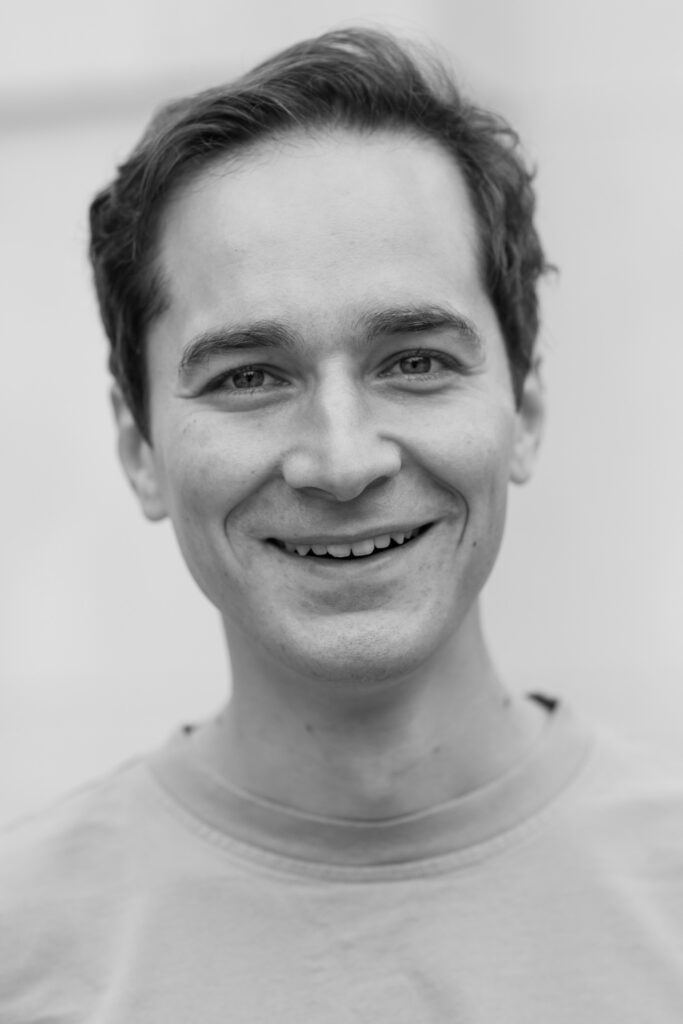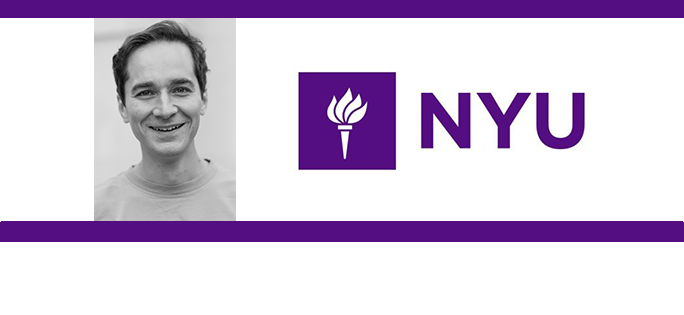 Memories are a big part of celebrating the holidays, but is more than your brain involved in this process?
Memories are a big part of celebrating the holidays, but is more than your brain involved in this process?
Nikolay Kukushkin, clinical associate professor of life science at New York University, looks through the body to find out more.
Nikolay Kukushkin is Clinical Associate Professor at NYU. He holds a D. Phil. in Biochemistry from the University of Oxford (UK) and a B. Sc. in Biology from St. Petersburg State University (Russia). His research deals with the role of time patterns in memory formation. He is the author of a bestselling, award-winning book “One Hand Clapping: The Origin Story of The Human Mind” (Alpina Non-Fiction, Moscow, 2020), which traces the origins of human consciousness. The book will be published in English in 2025 by Prometheus (US) and Swift Press (UK and worldwide).
Kidney Cells Learn Like College Students
Christmas is the time when colleges and universities are empty—students go home, leaving behind their exams for professors to grade. You can always tell when someone crammed all the studying in the night before the final. That’s because it doesn’t usually work. Even if you study for the same amount of time in total, you form a far better memory if the learning is spaced in time. This is called the spacing effect. For decades, it was thought to be a property of the brain. But our lab’s recent study shows that even cells outside the brain, such as kidney cells, can form memories, and for them, too, spacing works better than cramming.
This doesn’t mean your kidneys remember how to ride a bike or help you understand trigonometry. But it might mean that your gut remembers last month’s Thanksgiving meal and prepares itself to digest your Christmas meal more efficiently. All cells have their own experiences — waves of nutrients, salts, hormones. Our research shows that these chemical experiences modify non-brain cells similarly to how studying for class modifies brain cells. When you expose kidney cells to multiple pulses of chemicals spaced a few minutes, they change themselves more strongly than when they receive a single long pulse—just the way brain cells act in storing a memory. In the future, we will have to consider this “body memory” to stay healthy and treat diseases: for example, we might teach our muscle cells to produce weight-loss hormones, or teach a cancer cell to stop dividing.
I wish that “body memory” could also help my students with exams, but alas, for that they will still need their brains.
Read More:
“One Hand Clapping: The Origin Story of The Human Mind”
www.nikolaykukushkin.com — preorders coming soon and will be available on my personal website.
https://nikolaykukushkin.substack.com — SMALL/BIG, blog about the smallest units of nature and what they can teach us about the biggest questions in life.

